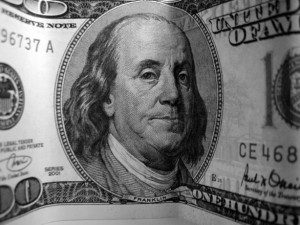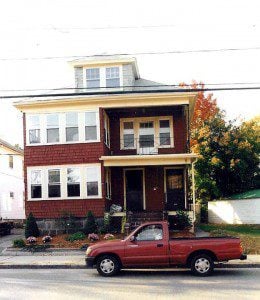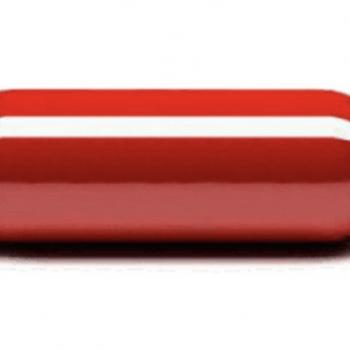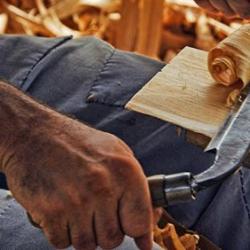
Most people classify themselves as middle-class. This is interesting for at least a couple of reasons.
First, economists tell us the middle-class is shrinking. You’d never know that by the polls though. Admitting that you’ve dropped out of the middle-class is like admitting you have herpes. Conversely, confessing that you’ve risen out of it comes off as self-congratulatory, or even contemptuous toward those you’ve left behind. (That doesn’t mean you don’t congratulate yourself inwardly, or feel contempt for others, you just don’t own up to the reason for these feelings.)
The second reason this is interesting though is because by the standards of antiquity the middle-class hardly exists anymore.
Welcome to the Proletariat, Comrade.
Use the word “proletariat” and people assume you’re a Marxist. That’s too bad, because it is hard to imagine a word that better serves the interests of genuine social conservatives.
The word was coined in Rome, not by Marx, and it meant, “freemen without property”. It was as low as you could go without being a slave. And by Roman standards, that’s most of us today.
In our contemporary economy we’ve redefined middle-class to mean middle-income. It really doesn’t matter how you get your income, just that it can fit into a broad middle-range of income that people receive.
For the ancients, and again in the latter medieval and early modern eras, how you got your income was more important than the amount you received.

Property isn’t all the same
Today, when we think of property, we lump it all together–everything from your toothbrush to uncle Bernie’s duplex goes into the same pot. But toothbrushes and duplexes are different for one huge reason. A toothbrush keeps your teeth white, but a duplex can put money in your pocket. (I suppose a toothbrush can do that too if you’re a model…but hopefully you get my point.)
When Locke, and other classical liberals, spoke of “life, liberty, and property” they didn’t have toothbrushes in mind when it came to property. They were thinking more about duplexes.
Property should be broken down into at least two classes then–personal property and productive property, sometimes referred to as real property. (I don’t like term real property so much; you’ll see why in a moment.)
Almost all the property the people we call middle-class own is really personal property–even their real estate.
Here’s why–if these people were to lose their jobs tomorrow, they’d have to sell these things if they wanted to support themselves by their property. Naturally, this could only go on for so long. Even a person like Mike Tyson runs out of stuff to sell eventually. (Even real property, such as a house, because you can’t live in it and rent it out at the same time.)
Productive property supports you through owning it, not by selling it. That duplex I mentioned is a good example. The income from the rents can feed you.
Productive property takes other forms. Maybe you own a business, or you’re a limited partner in an LLC, or maybe you own intellectual property that produces income, or perhaps you even have enough dividend generating stock in a large corporation to live off of.
Generally, productive property takes work to cultivate income from. It isn’t easy street. And that’s why we lost it. Before the industrial revolution, most Americans derived their livings from productive property. But innovators like Henry Ford came along, and using mass production to push small producers out of business, our society was transformed from one of free-holding producers to one made up of wage-slave consumers.
Wage-slavery and the servile spirit
Most folks today are well-fed serfs. Instead of toiling away in the fields of feudal Lords, they shuffle paper in the cubicle farms of modern corporations. And just as medieval serfs were abased by their dependence, so it is today. We do allow certain silly expressions of self-owership, mostly in matters that our corporate overlords don’t care about–our sex lives (so long as it’s on our own time) or our musical tastes (so long as we keep the headphones on).
But when things spill over into “the work-place” and compromise business, there’s zero tolerance for displays of personal freedom.
And now you know why freedom really is based on property, but a particular sort of property–productive property. This, by the way, is the reason why the Founding Fathers believed that the franchise should be limited to owners of land. Land, being productive property, tends to encourage republican virtues.
Productive property has a way of shaping us, but the virtues it encourages–delayed gratification, thrift, honesty, fair-dealing, and so on–give us a greater measure of self-mastery and self-respect.
What does this mean for our culture, our churches, and our Christianity?
Let me know what you think in the comments section below. (If you’ve an advocate of wage-slavery, or some form of socialism, don’t bother.)












